Vitamin D deficiency is a very common condition, but most people who have it are unaware of it. Symptoms of vitamin D deficiency are often vague and difficult to detect, according to the health website Medical News Today ( UK ).

Severe vitamin D deficiency can cause hair loss, chronic musculoskeletal pain, and other symptoms.
Low vitamin D levels over a long period of time can lead to a range of health problems such as reduced bone density, osteoporosis, increased risk of fractures and many other negative effects on the nervous system, immune system and some psychological problems.
When vitamin D deficiency is severe, the body may show the following signs:
Depression and anxiety
There are many causes of depression and anxiety. One of them is vitamin D deficiency. In addition, low exposure to sunlight not only causes vitamin D deficiency but also reduces the level of melatonin, a hormone secreted by the pineal gland.
Meanwhile, melatonin is a necessary component for the body to produce the hormone serotonin. Serotonin plays an important role in mental health because it has the effect of reducing feelings of sadness and depression.
Therefore, less exposure to sunlight can reduce serotonin levels in the body, thereby making you more susceptible to irritability, depression, anxiety and depression.
Muscle and bone pain
Bones absorb calcium when this mineral is combined with vitamin D. A lack of vitamin D means the body cannot absorb calcium. As a result, bone density will decrease.
Therefore, severe vitamin D deficiency will lead to prolonged muscle pain, joint pain and osteoporosis.
Hair loss
Hair loss is a symptom of many different problems in the body. However, vitamin D deficiency can be one of the main causes of hair loss .
Not getting enough vitamin D over a long period of time will cause your skin and hair to become weak and lose their vitality. Environmental factors, stress, depression and anxiety will gradually cause hair loss.
Long-lasting wounds
Vitamin D plays a vital role in the body’s ability to control and fight infections. The mineral produces cathelicidin, a chain of amino acids with antibacterial properties. These are used by the immune system to fight wound infections. This means that a vitamin D deficiency can make wounds more susceptible to infection and take longer to heal, according to Medical News Today.
Source link









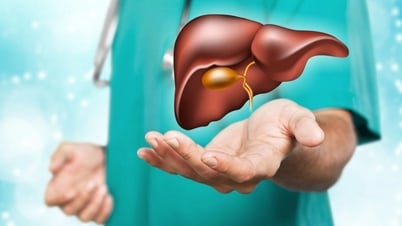



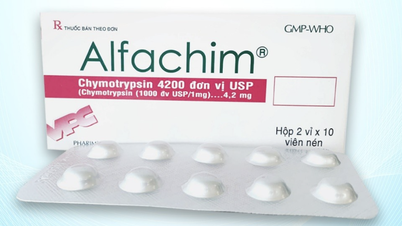

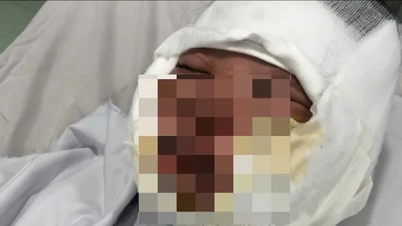








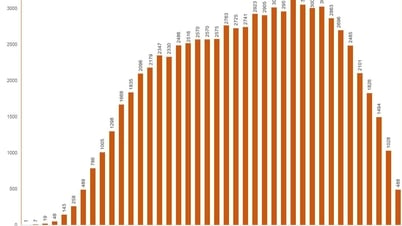










































![[Infographic] Party Committee of the Ministry of Culture, Sports and Tourism: Marks of the 2020 - 2025 term](https://vphoto.vietnam.vn/thumb/402x226/vietnam/resource/IMAGE/2025/6/22/058c9f95a9a54fcab13153cddc34435e)


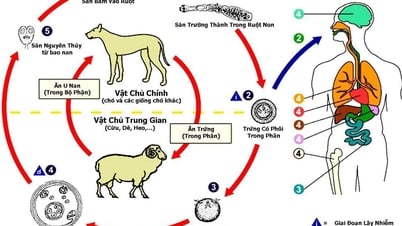




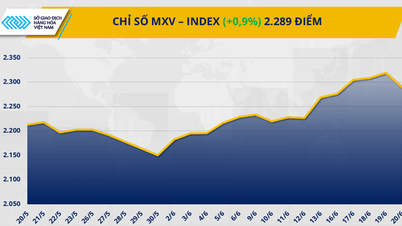
















Comment (0)